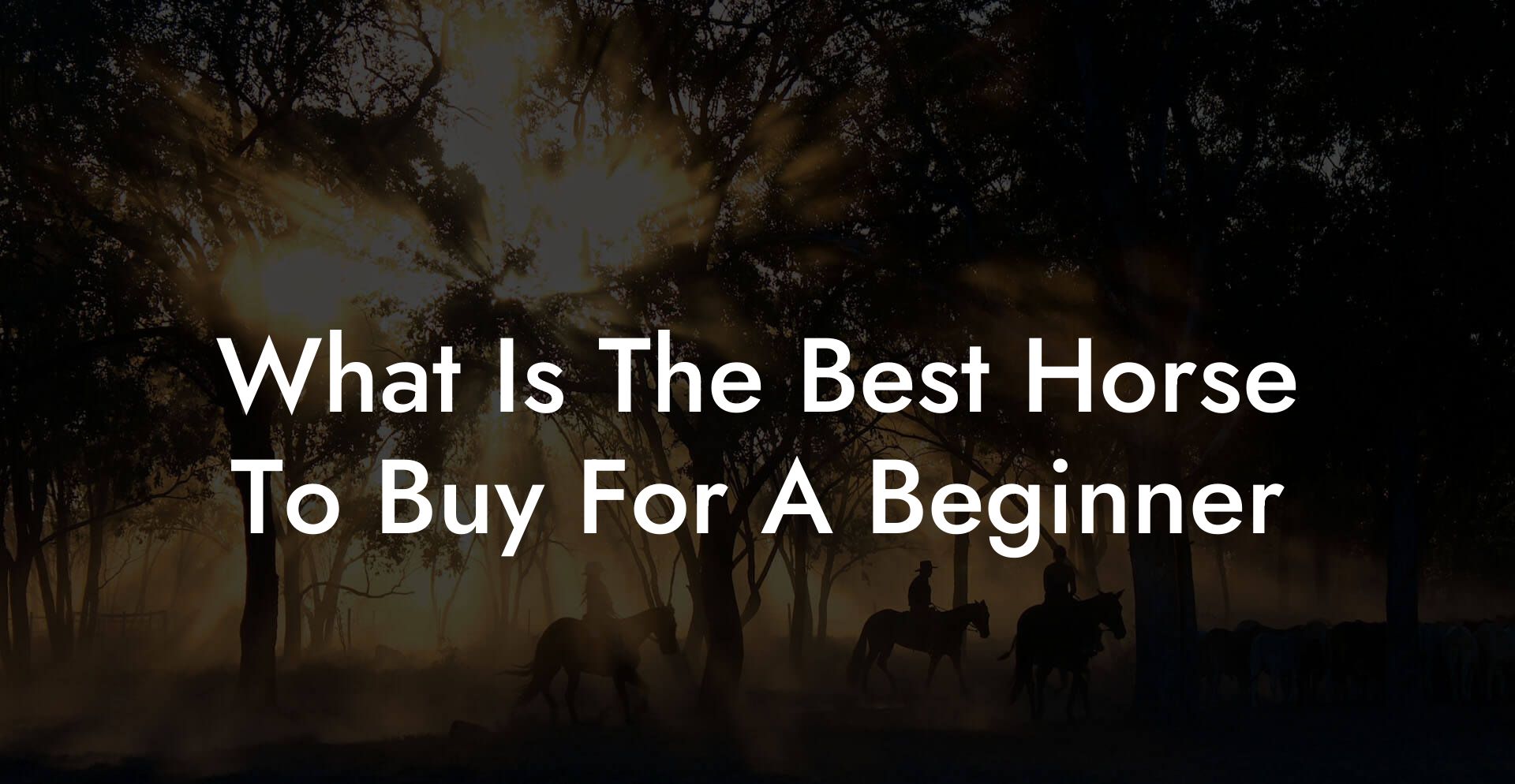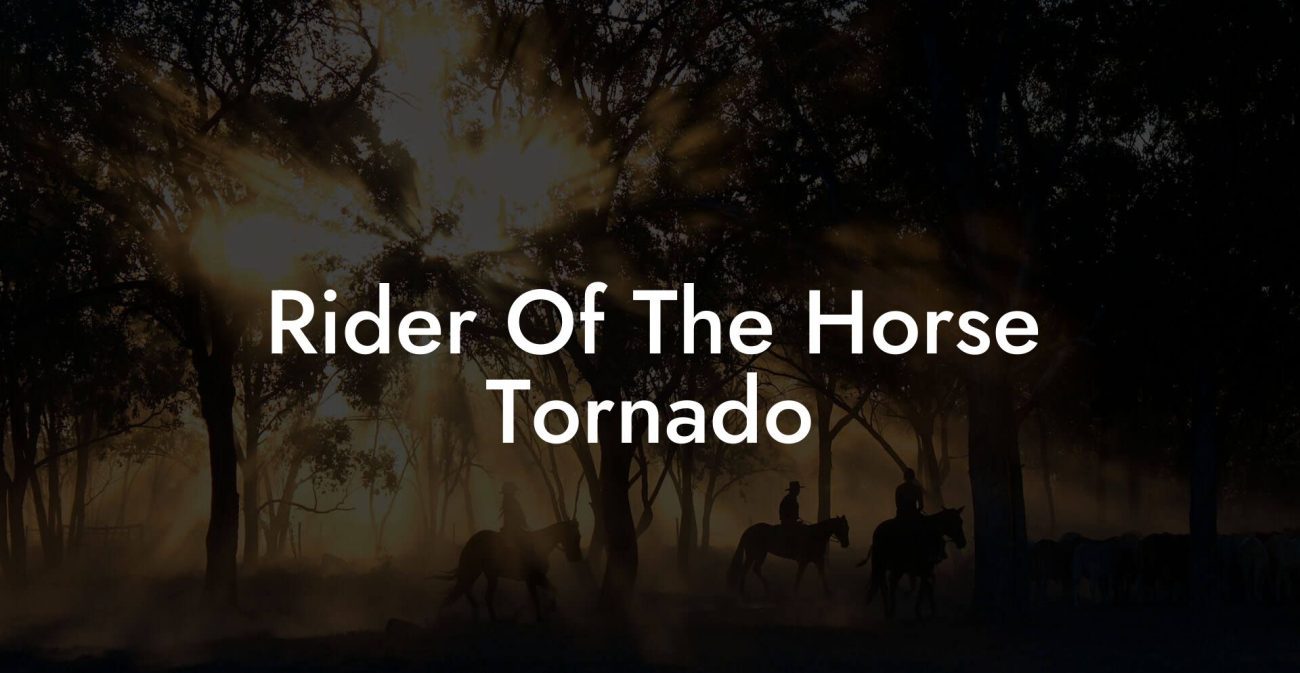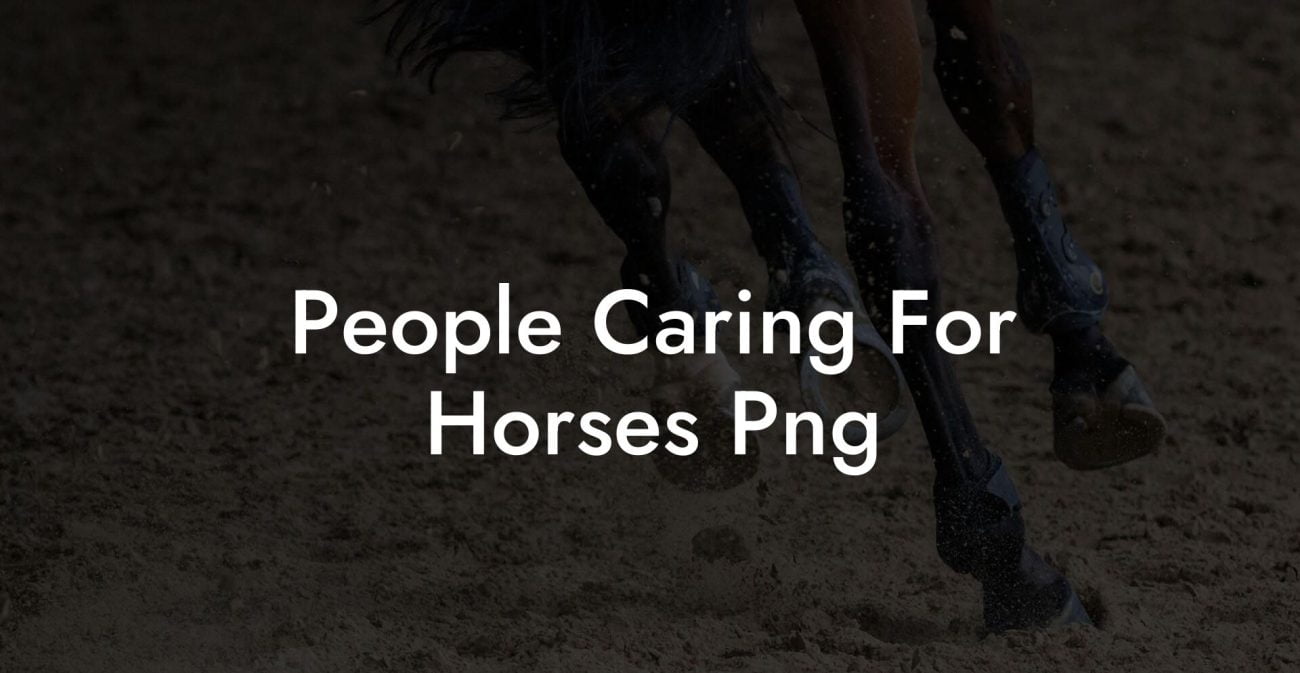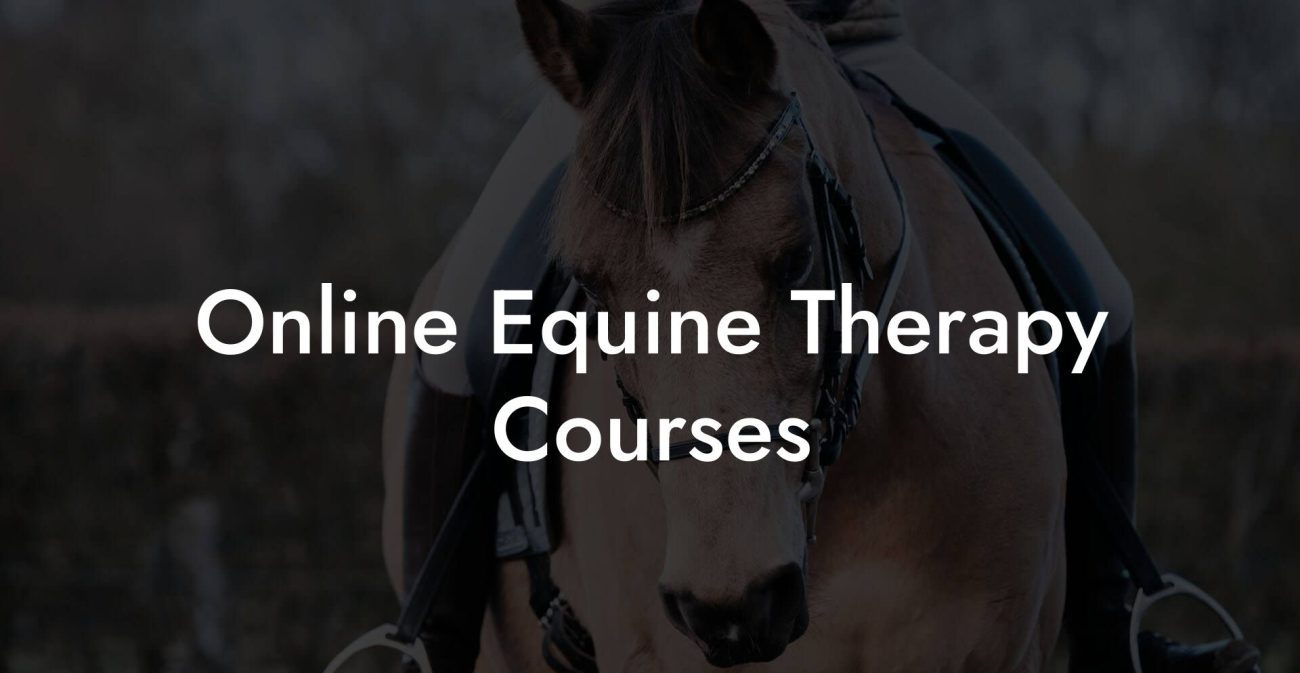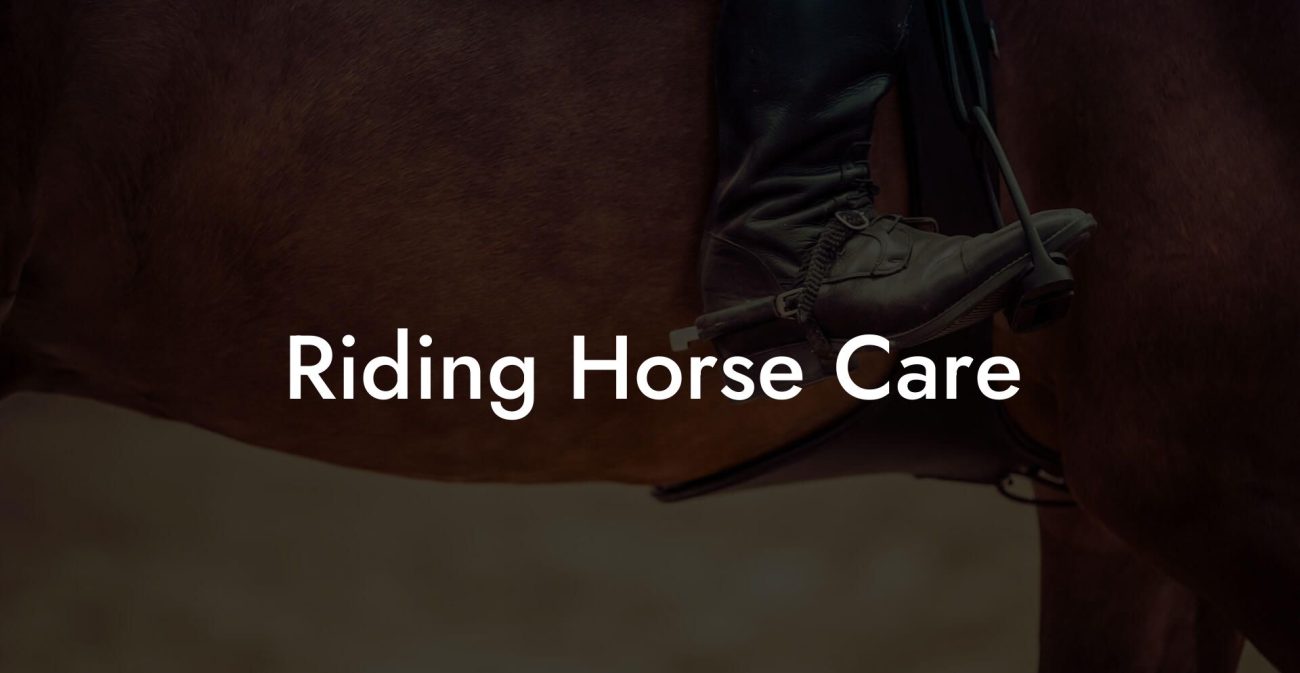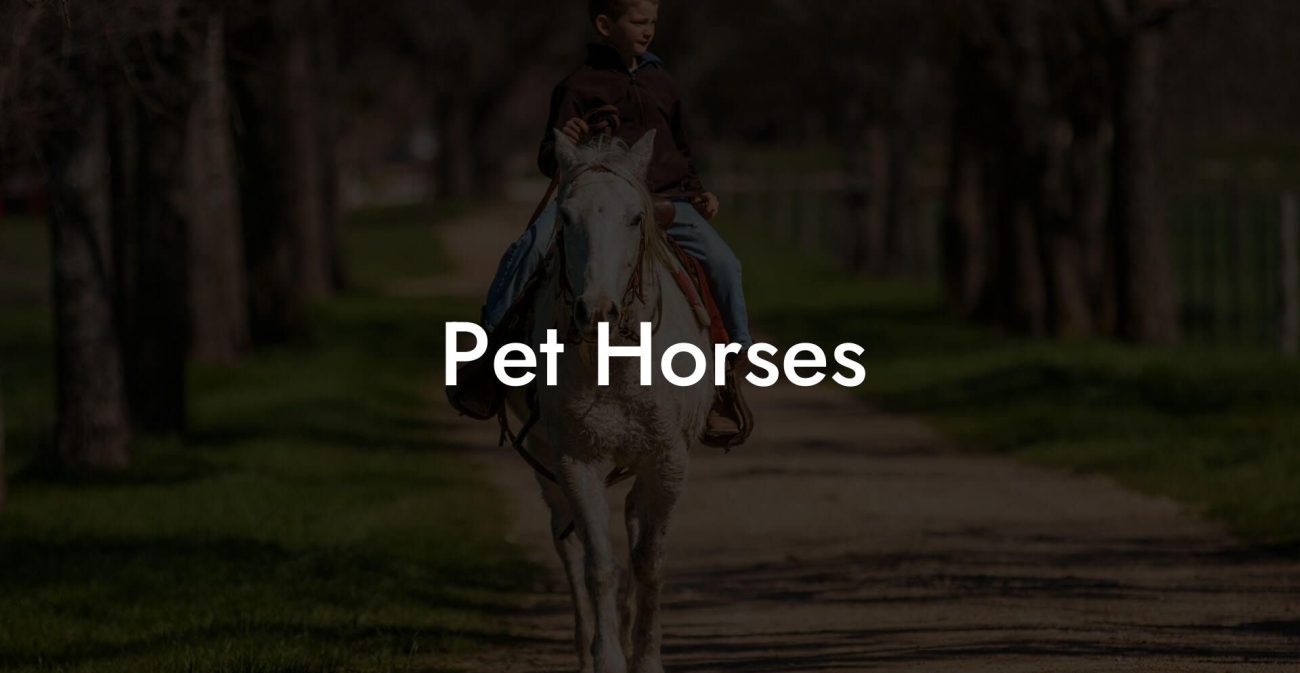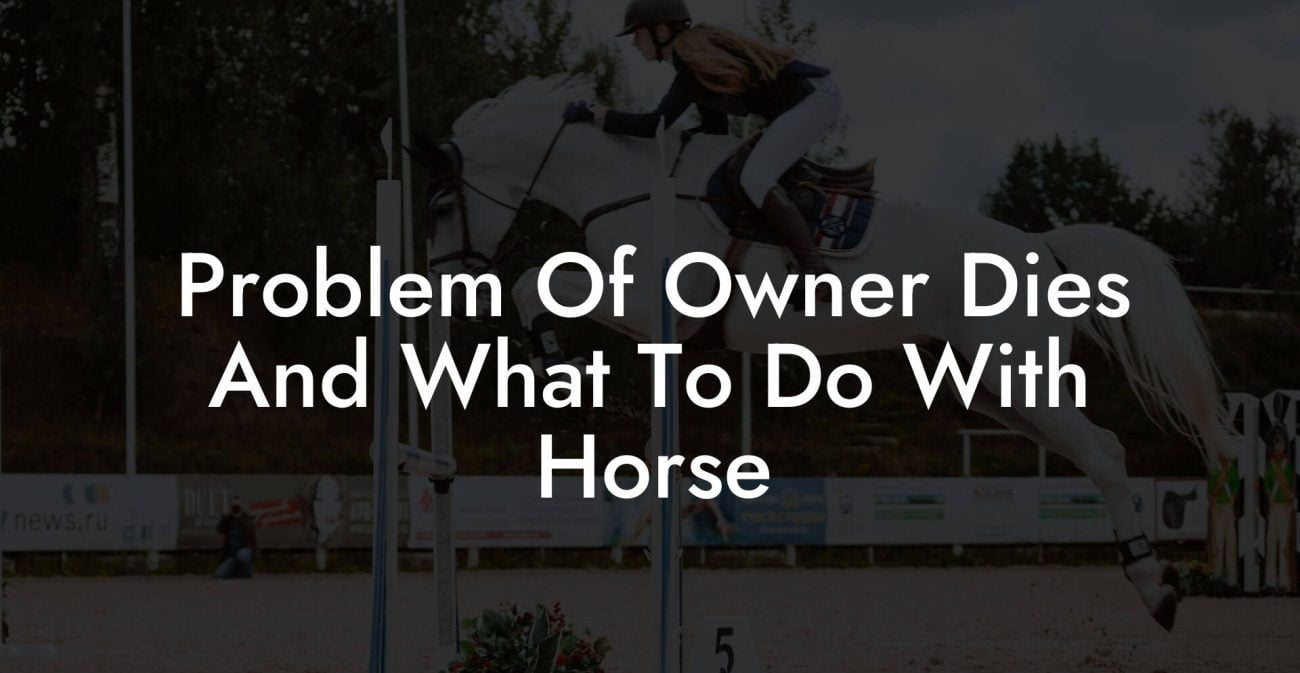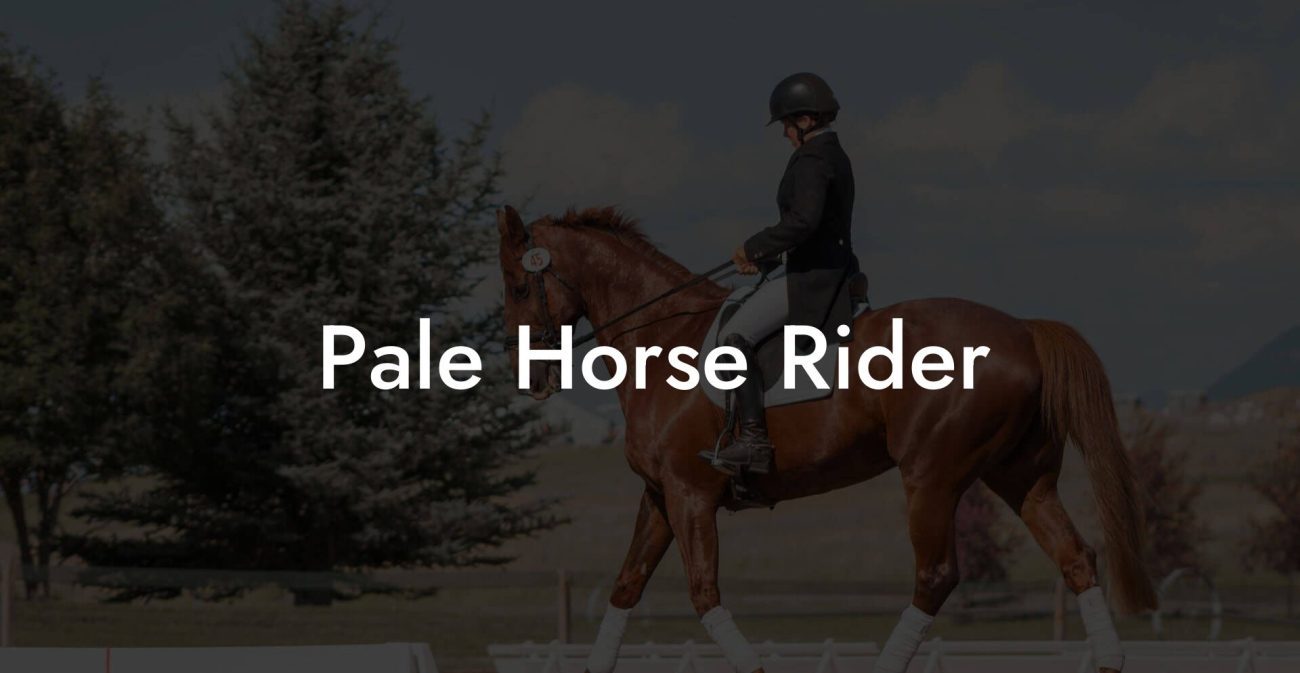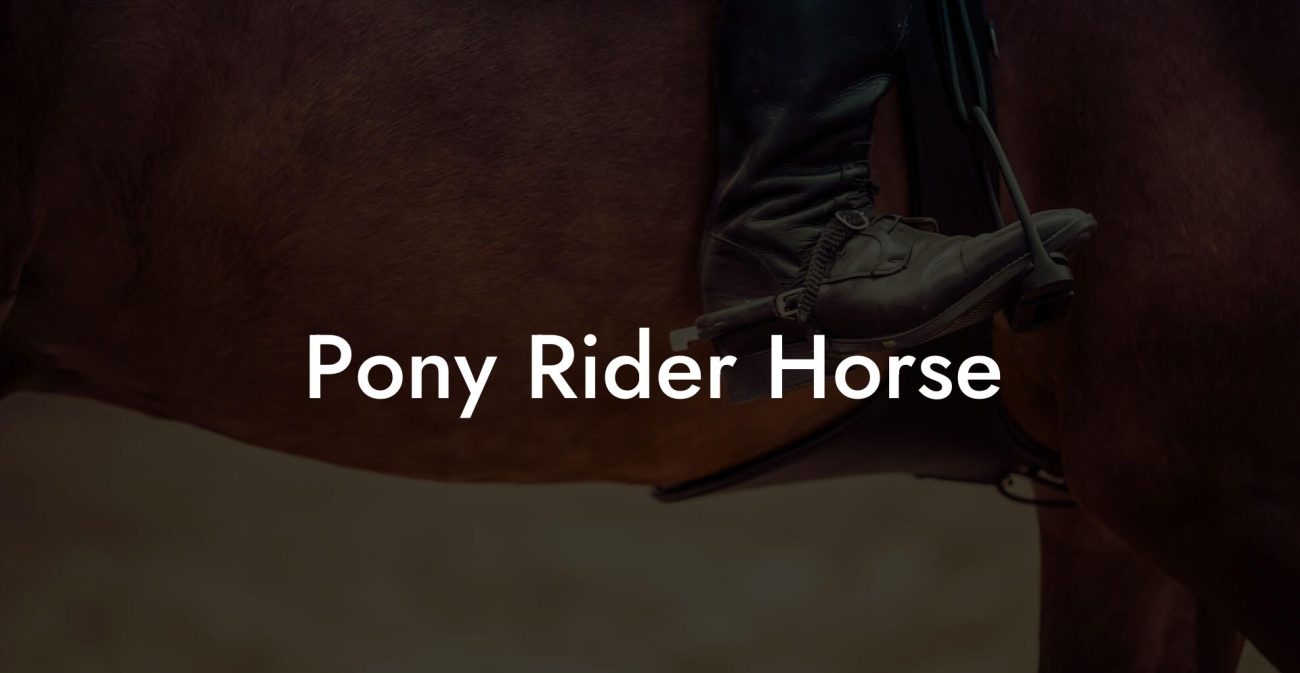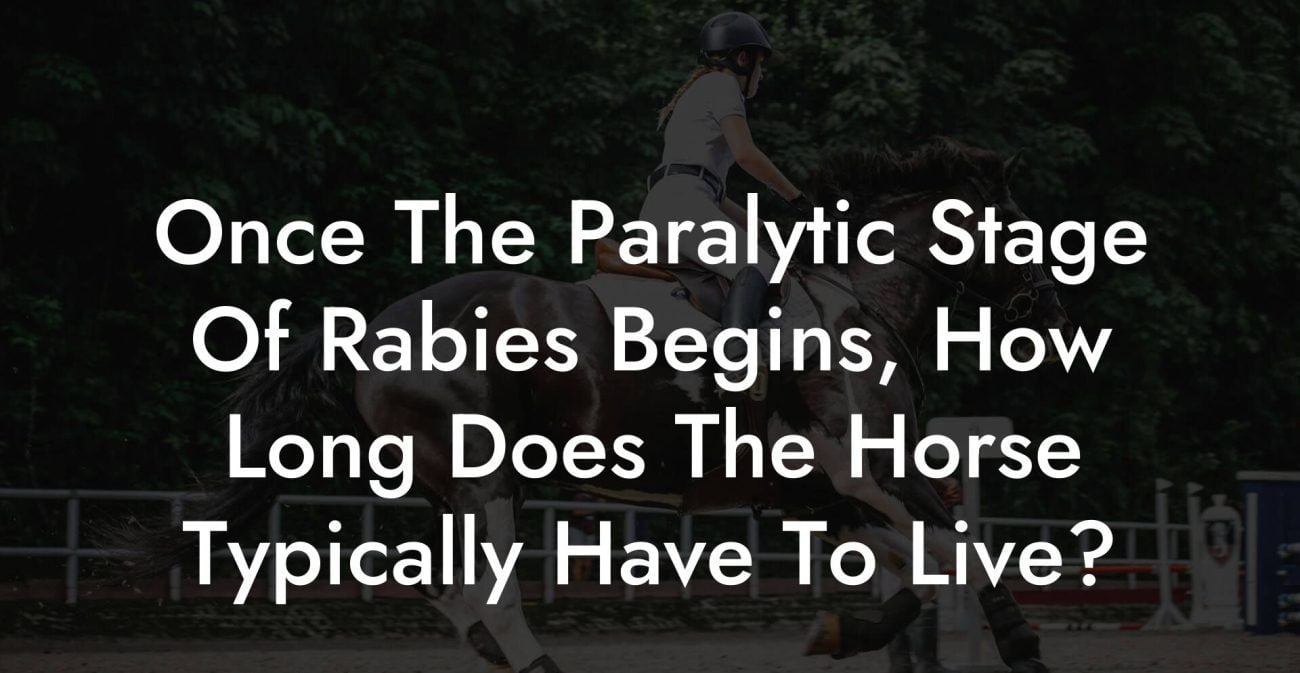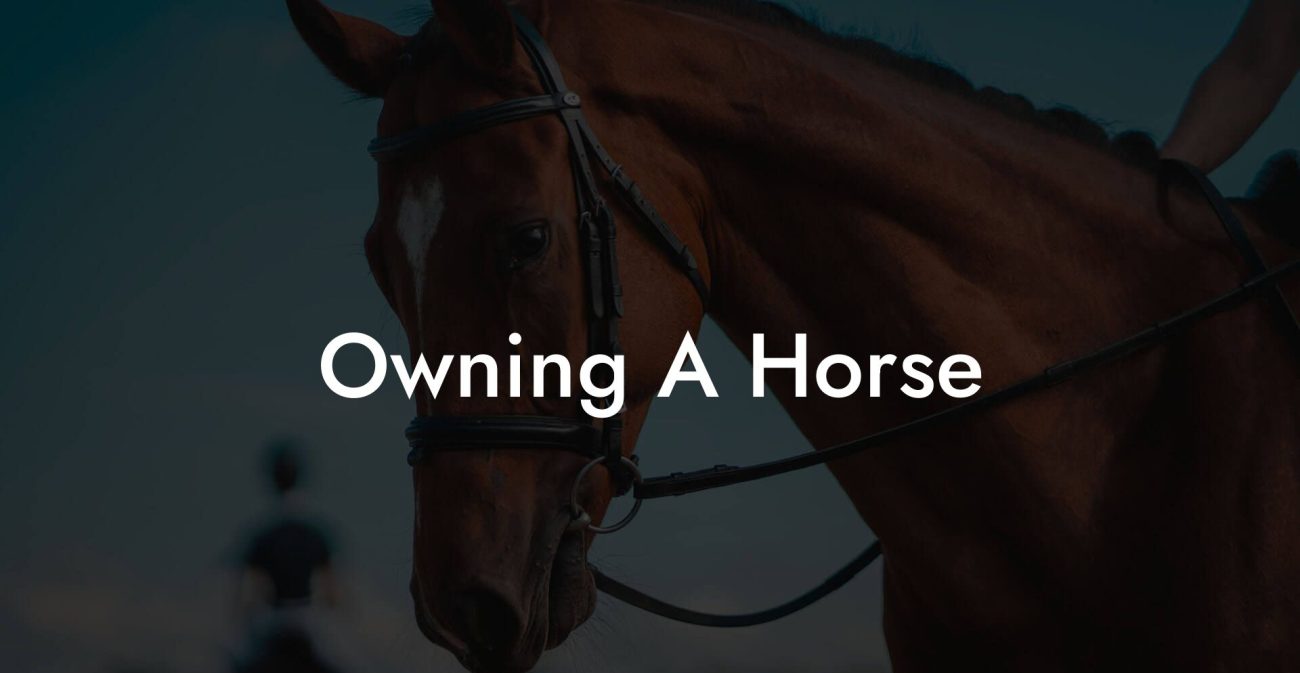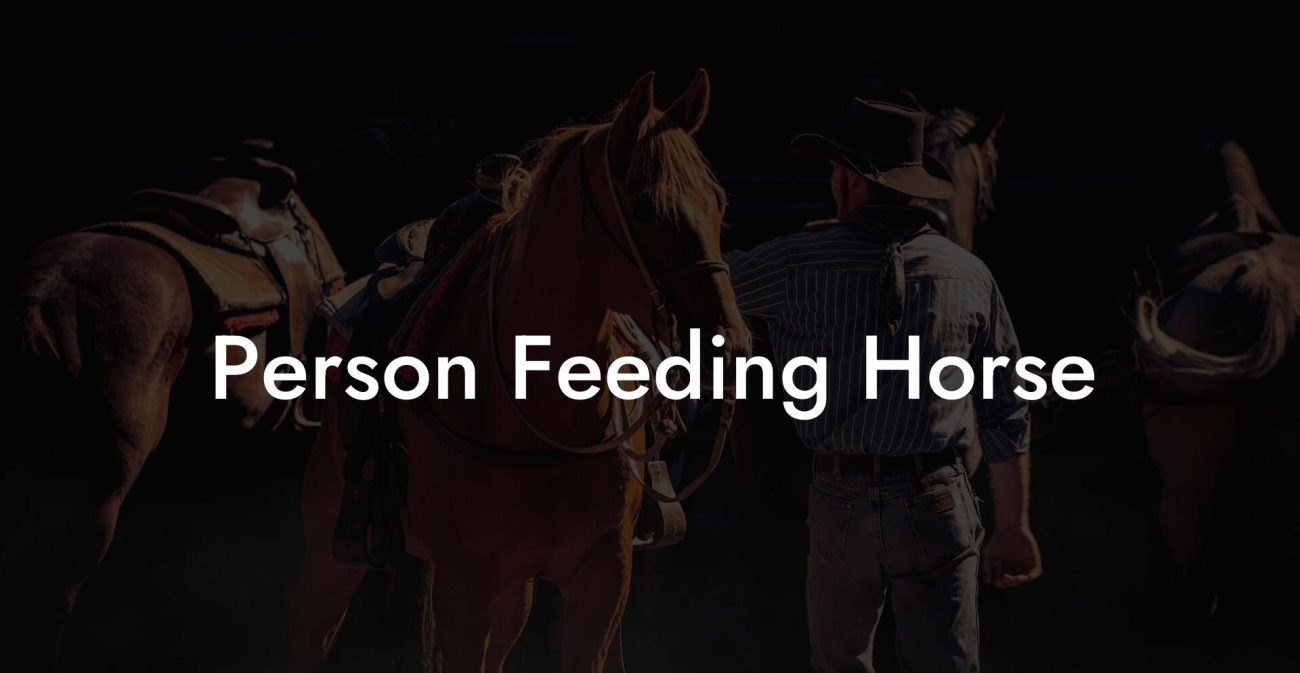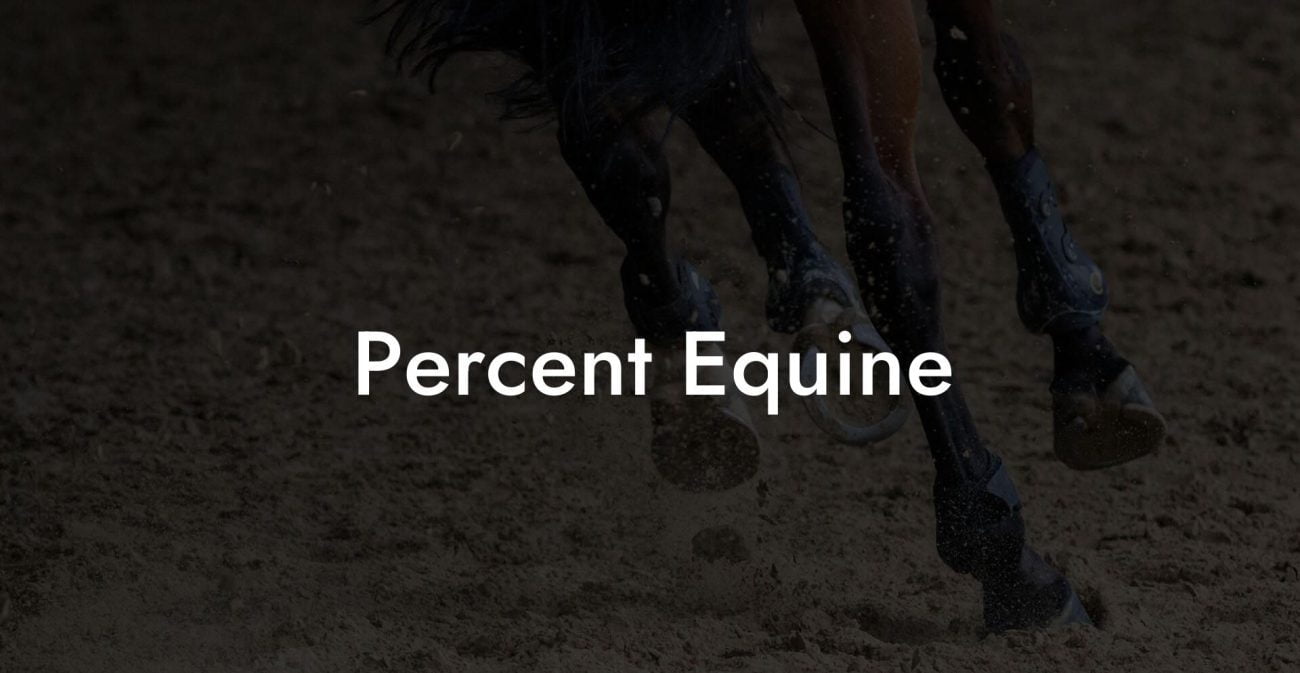Ever picture yourself saddling up for adventure, the wind in your hair and the open sky beckoning you onward, only to wonder if your trusty equine companion is more “noble steed” or “clueless colt”? Choosing the ideal horse for a beginner isn’t just about eye-catching looks or Instagram moments, it's a deep-dive into temperament, care, and the unique lifestyle that comes with these magnificent creatures. In this guide, we’re breaking down everything from must-know horse care tips to breed breakdowns, helping you navigate the wild world of horses with humor, heart, and a dash of Gen-Z flair.
Quick Links to Useful Sections
- Understanding Your Equine Soulmate: What Makes a Great Beginner Horse?
- Key Factors to Consider When Buying Your First Horse
- 1. Temperament and History
- 2. Physical Health and Conformation
- 3. Age and Experience
- 4. Training and Socialization
- 5. Budget and Costs
- Breaking Down the Best Breeds for New Riders
- American Quarter Horse
- Paint Horse
- Appaloosa
- Arabian
- Percheron
- Horse Care 101: Tips for First-Time Owners
- Daily Care Routines
- Health and Wellness
- Building a Relationship
- Budgeting for Your Equestrian Dream: Cost Considerations for Beginners
- Training and Riding: Starting Your Equine Adventure on the Right Hoof
- Getting Started with Riding Lessons
- Techniques to Learn and Master
- Developing a Bond Through Training
- Resources and Community Support: Your Next Steps
- Join Local and Online Communities
- Attend Clinics and Workshops
- Follow Trusted Experts
- Embracing the Lifestyle: Where Horse Ownership Meets Adventure and Self-Discovery
- Exploring Advanced Topics: Exploring Horse Behavior, Training Intuition, and Long-Term Partnership
- Stories from the Saddle: Real-Life Experiences of New Riders
- The Trail Ride Triumph
- Overcoming the Fear of the Unknown
- The Art of Unplanned Barnyard Mishaps
- Preparing for Long-Term Success: Maintaining and Growing Your Equine Partnership
- Integrative FAQs: Your Burning Questions Answered
- Your Journey Begins Here: Embrace the Adventure of Horse Ownership
Understanding Your Equine Soulmate: What Makes a Great Beginner Horse?
When you're just starting out in the horse world, the best horse for you isn’t necessarily the flashiest or the biggest. Instead, look for a horse with a relaxed temperament, willingness to learn, and a history that screams “beginner-friendly.” Think of these horses as the chill roommates of the equine world, they’re dependable, low-maintenance, and ready to accompany you on every adventure, whether that's trail riding or attending your first barn social.
The key traits include:
- Calm Nature: Horses that are gentle and patient make the perfect starting partner.
- Trainability: A good beginner horse is eager to please and open to learning at your pace.
- Experience: Typically, older horses or those with a solid training background can be more forgiving than youngsters full of unbridled energy.
- health: A horse that’s been regularly checked by a vet ensures fewer surprises down the road.
By focusing on these attributes, you'll gain a trusted companion who helps you build confidence and skills, rather than adding extra stress to your budding equestrian journey.
Key Factors to Consider When Buying Your First Horse
Think of picking your first horse like choosing a smartphone, there are must-have features, a few deal-breakers, and plenty of nuances that set one apart from the other. Before making that big decision, here’s a checklist of essential factors every beginner should consider:
1. Temperament and History
While a horse’s pedigree can be impressive, the real deal lies in its personality. Ideal beginner horses have been around the block and have learned to handle various situations, muddy trails, crowded arenas, and even an overexcited toddler at the barn. Ask about the horse's history, previous training experiences, and any behavioral quirks you might need to work through together.
2. Physical Health and Conformation
Just like a car needs a proper tune-up before you hit the highway, a horse’s body must be in good condition. Schedule a pre-purchase exam with a veterinarian to assess the horse’s health. Look out for clear eyes, a shiny coat, and no signs of lameness, small details like these can save you a heap of trouble later on.
3. Age and Experience
For first-timers, older horses often provide more stability compared to the boundless energy of a young thoroughbred. A horse aged between 8 and 14 years old usually has a wealth of experience and a calmer demeanor, making them ideal for beginners who are still learning the ropes of horsemanship.
4. Training and Socialization
A well-trained horse can make all the difference. If you're stepping into the saddle without a ton of riding experience, start with a horse that has basic manners and obedience. Additionally, talking to the current caregiver about the horse’s training regimen, social behavior with other horses, and reaction to new stimuli can provide crucial insights.
5. Budget and Costs
Owning a horse is a rewarding investment, but it comes with ongoing costs, feed, vet checks, farrier visits, and boarding if you’re not keeping your own pasture. Factor in these long-term commitments when choosing your equine partner. Sometimes a slightly pricier, well-cared-for horse might save you money in the long run compared to one that requires constant repairs.
By keeping these factors in mind, you’re setting yourself up for a more successful and enjoyable equine experience. Remember, the best horse for a beginner isn’t just about picking a pretty face, it’s a thoughtful decision that forms the foundation for years of shared adventures.
Breaking Down the Best Breeds for New Riders
Not all horses are created equal, especially when it comes to working with beginners. Here, we’ve dissected a few breeds that continuously earn accolades for being patient, reliable, and downright rideable for those just starting out.
American Quarter Horse
Often hailed as America’s horse, the American Quarter Horse is celebrated for its calm disposition and versatility. Originally bred for quick sprints on the track, these horses have since become crowd favorites for trail riding and basic riding lessons. With a sturdy build, reliability, and a friendly nature, the Quarter Horse is often the go-to for beginners.
Paint Horse
The Paint Horse is as eye-catching as it is gentle. Known for its striking coat markings, this breed offers a blend of athleticism and approachability. They tend to be well-mannered and are often seen in both western and English riding disciplines, making them a solid choice for beginners looking for a horse that can grow with their riding ambitions.
Appaloosa
Recognizable by its unique spotted coat, the Appaloosa is not only visually appealing but also boasts a calm and cooperative nature. These horses were historically used in Native American cultures, and today, their friendly temperament and steady gait make them ideal for riders newer to the hoof.
Arabian
While Arabians are known for their high energy and endurance, many individuals with a little riding experience find that mature Arabians can be surprisingly forgiving. Their intelligence and sensitivity mean that a well-trained Arabian can provide a deeply rewarding partnership. However, first-timers should ensure proper guidance, as their spirited nature can sometimes be overwhelming.
Percheron
Let’s not ignore the gentle giants of the horse world. Percherons are draft horses that exhibit impressive strength combined with a docile temperament. If you're drawn to the idea of a larger horse that compensates with character and calm ability, a Percheron might be your perfect match, especially if you’re leaning toward trail riding or driving.
Each of these breeds offers unique characteristics that can cater to various preferences and riding styles. The key is matching the horse’s traits to your personal riding goals and comfort level. Whether you fancy a versatile Quarter Horse or a charming Paint Horse, taking the time to understand breed dynamics will lead you to the perfect partnership.
Horse Care 101: Tips for First-Time Owners
Owning a horse goes far beyond weekend rides and Instagram-worthy snapshots. It’s a full-time commitment that involves understanding daily routines, proper feeding, grooming, and regular health checks. So, gear up for a crash course on taking care of your new four-legged friend.
Daily Care Routines
Like any pet, horses thrive on consistency. Developing a routine can help both you and your horse settle into a rhythm. Here are some daily tips:
- Feeding: Horses typically enjoy two meals a day. Choose a well-balanced diet that’s appropriate for your horse’s age, weight, and activity level. Don’t forget to include quality hay and consider a grain supplement if recommended by your vet.
- Grooming: Brushing your horse isn’t just for aesthetics; it also helps build trust and strengthens your bond. Regular grooming sessions remove dust and dirt while letting you check for injuries or skin problems.
- Exercise: Even a beginner’s horse benefits from regular movement. Short rides, laps in the arena, or even hand-walking in a safe area can keep your horse agile and content.
- Stall and Pasture Management: Whether you board your horse or keep them at home, ensure that their living space is clean, safe, and comfortable. Routine mucking, proper ventilation, and secure fencing are essential.
Health and Wellness
Just as you wouldn’t skip your annual doctor check-up, your horse needs regular veterinary visits to stay in tip-top shape. Keep an eye on vaccination schedules, dental care, and deworming treatments. Learning the basics of equine first aid, for instance, how to handle cuts or manage mild colic, can be invaluable in a pinch.
Building a Relationship
One of the most rewarding aspects of owning a horse is forging a deep bond. Start by spending quality time in the paddock, talking softly, and even offering treats, this builds trust and reassures your horse that you’re their reliable partner on every trail and in every challenge.
As you institute daily routines and care practices, you’ll find that the relationship deepens. Your horse isn’t just an animal; it becomes a trusted companion who reflects your values of respect, responsibility, and passion for the outdoors.
Budgeting for Your Equestrian Dream: Cost Considerations for Beginners
Let’s get real: owning a horse is a hefty investment. There’s more to it than buying the horse itself, think about ongoing costs that can add up faster than a trending meme. Budgeting effectively from the start means avoiding nasty surprises later on.
Here are key cost areas to consider:
- Purchase Price: Prices vary widely based on breed, age, training, and pedigree. A well-trained, beginner-friendly horse may command a higher price, but this upfront investment can save you time and money on extra training later.
- Boarding: If you don’t have your own pasture, you will need to board your horse. Boarding fees typically include feeding, stall cleaning, and general care, but costs can vary greatly depending on your location and level of service.
- Veterinary and Farrier Costs: Routine veterinary care, vaccinations, dental check-ups, and regular farrier visits for hoof trimming are essential expenses. Setting aside an emergency fund for unexpected health issues is a savvy move.
- equipment and Tack: Saddles, bridles, grooming kits, and stables accessories are necessary investments. Buying second-hand gear initially or renting equipment can help keep costs down as you learn what works best for you and your horse.
- Insurance: Consider equine insurance to protect against unforeseen incidents. It might seem like an extra expense, but peace of mind is worth every penny when you’re caring for a living, breathing companion.
Each of these areas requires thoughtful planning. Creating a detailed budget, exploring financing options, and consulting with experienced owners can equip you with a realistic picture of the financial responsibilities involved, ensuring that your equestrian dream remains both joyous and sustainable.
Training and Riding: Starting Your Equine Adventure on the Right Hoof
You’ve got a great horse, you’ve planned the budget, and now you’re ready to ride, but how do you kickstart your training journey? The early days can be a whirlwind of riding lessons, trail rides, and lots of “oops, I almost fell off” moments. Fear not, every pro was once a beginner.
Getting Started with Riding Lessons
Finding a respected riding instructor or an equestrian center that caters to beginners is key. Look for a place that emphasizes safety, offers personalized attention, and uses a gentle approach to build your confidence. Modern riding schools often blend traditional horsemanship with a fresh, interactive style, perfectly tailored for Gen-Zs and millennials.
Techniques to Learn and Master
Your early lessons will cover the basics: mounting, balanced riding, steering, and stopping. Over time, you’ll progress to more advanced techniques like controlled cantering, proper posture, and effective communication with your horse. Consider recording your sessions, hey, it’s all about sharing progress on social media and inspiring fellow aspiring riders!
Developing a Bond Through Training
Training isn’t just about technical skills; it’s about building a genuine bond. The more time you spend with your horse, whether on lessons or quiet moments in the stable, the more trust you’ll develop. This connection transforms training sessions into enjoyable paths of mutual growth, where every ride becomes a shared adventure.
Embrace the inevitable mistakes as stepping stones to mastery. Every slip-up or miscommunication is an opportunity to learn, laugh, and come back stronger, because nothing builds resilience like overcoming a challenge (or two) with your equine partner by your side.
Resources and Community Support: Your Next Steps
Venturing into the equestrian world can feel overwhelming, but remember, chances are, you’re not alone. Communities, online forums, local riding clubs, and social media groups are treasure troves of knowledge, support, and shared experiences.
Here are a few ways to immerse yourself further:
Join Local and Online Communities
Look for local equestrian clubs or riding associations that host workshops, clinics, and meetups. Online, platforms like Facebook groups, Reddit, and Instagram are buzzing with fellow enthusiasts who swap tips, share personal stories, and provide encouragement. A vibrant community can help ease the learning curve and even lead to lasting friendships.
Attend Clinics and Workshops
From saddle fitting to advanced riding techniques, workshops are an excellent way to improve your skills and gain firsthand insights from seasoned trainers. Many equestrian centers host regular clinics that are beginner-friendly and filled with practical knowledge.
Follow Trusted Experts
Social media is rife with passionate equestrians sharing everything from daily care routines to high-energy trail rides. Follow respected professionals, trainers, and veterinarians to keep inspired and informed. Their content often includes tutorials, gear reviews, and behind-the-scenes glimpses into the equestrian lifestyle.
By connecting with others, you’ll not only enhance your knowledge but also build a supportive network that makes every challenge feel more like a shared adventure. Whether it’s advice on stump-to-saddle transitions or troubleshooting training hiccups, community wisdom is an invaluable asset on your journey.
Embracing the Lifestyle: Where Horse Ownership Meets Adventure and Self-Discovery
Owning a horse isn’t just about the rides or the barn, it’s a lifestyle that shapes your outlook, routines, and even your social circle. Every moment spent with your horse, from sunrise grooming to dusk trail rides, is a step on a journey of self-discovery and adventure.
With every canter and every careful step, you’re not only learning to navigate the language of horses but also unlocking a deeper connection with nature and yourself. The challenges, mishaps, and triumphs along the way are what make this lifestyle truly rewarding.
Whether you plan to explore rugged trails, participate in local parades, or simply enjoy peaceful afternoons in the paddock, your horse becomes a mirror reflecting your growth and courage. It’s a journey filled with laughter, learning, and the occasional unexpected muddy encounter, but every moment contributes to a richer, fuller life.
Exploring Advanced Topics: Exploring Horse Behavior, Training Intuition, and Long-Term Partnership
Once you’ve mastered the basics and settled into your life with your beginner-friendly horse, you may find yourself itching to explore more advanced topics. Understanding equine behavior, developing a deeper training intuition, and planning for the long haul can turn a casual hobby into a lifelong passion.
Understanding Horse Behavior: Horses communicate largely through body language, subtle cues in posture, ear movements, and even tail flicks reveal how they’re feeling. As you spend more time with your horse, you’ll learn to pick up on these signals, helping you anticipate their needs and emotions in real time.
Developing Training Intuition: As your bond strengthens, training becomes less about rigid techniques and more about a natural, intuitive dance between human and horse. Fine-tuning your timing, adapting to your horse’s mood, and encouraging gentle communication are part of what transforms everyday interactions into artful performances.
Planning for a Long-Term Partnership: Unlike many modern trends, a relationship with your horse is built to last. Learning how to care for aging horses, managing the evolving dynamics of training sessions, and even planning for retirement can be daunting, but they’re natural parts of the journey. Approaching these stages with transparency and wisdom ensures that your relationship remains fulfilling as both you and your horse grow older together.
By delving into these advanced topics, you’re not just improving your riding skills, you’re deepening an unspoken bond and cultivating qualities like responsibility, empathy, and resilience that extend far beyond the barn.
Stories from the Saddle: Real-Life Experiences of New Riders
Sometimes, the best lessons come straight from the horse’s mouth, or rather, from the stories of those who have been exactly where you are now. Here are a few tales from newbies who embarked on their equestrian journeys and discovered both triumphs and hilarious mishaps along the way.
The Trail Ride Triumph
Jessica, a first-time rider, once told us how her nervousness dissolved during a group trail ride. Initially hesitant, every hoofbeat soon became a rhythmic reminder of her growing confidence. Even when a sudden patch of mud had her sliding off slightly (thankfully, with a good laugh and a nudge from her trusty Quarter Horse), the experience cemented her belief in the healing power of nature and a good riding buddy.
Overcoming the Fear of the Unknown
Mark, previously intimidated by the idea of riding, began with weekly lessons on a well-trained Appaloosa. His progress was slow but steady, and every small success, be it a balanced trot or a perfectly executed stop, boosted his confidence. Today, Mark isn’t just a competent rider; he’s an ambassador for beginner-friendly horsemanship, always eager to share his journey with others.
The Art of Unplanned Barnyard Mishaps
And then there’s Sarah, whose first encounter with barn life was a comedy of errors. From accidentally mistaking the feed bucket for a decorative urn to learning the hard way that horses appreciate their space during grooming sessions, her early days were a blend of laughter and valuable lessons. Her story is a beloved reminder that in the equestrian world, every misstep is a chance to learn and grow.
These stories highlight that the journey of horse ownership is personal and wonderfully unpredictable. Embrace the highs, learn from the slips, and celebrate every milestone, no matter how small.
Preparing for Long-Term Success: Maintaining and Growing Your Equine Partnership
After you’ve navigated the exciting early days, sustaining a long-term, successful partnership with your horse requires ongoing commitment, learning, and mutual evolution. As your skills grow, so do your responsibilities.
Continuous Education: Whether it’s advanced riding clinics, specialized workshops, or even informal meetups with fellow enthusiasts, never stop learning. The world of equine care, training, and riding is always evolving, just like you.
Regular Health and Fitness Routines: As your horse ages, their needs will change. Adapt their exercise routines, dietary plans, and health checks accordingly. A well-maintained horse is a happy horse, and staying ahead of potential issues is crucial for long-term success.
Building a Routine Together: The magic of the human-horse bond lies in shared routines that build trust and familiarity. From daily grooming sessions to regular trail rides, these rituals become the cornerstones of your relationship.
Planning Seasonal Activities: Every season brings different opportunities, and challenges. Plan activities that suit the weather, the horse’s energy levels, and your own aspirations. Winter might be perfect for indoor training while summer beckons for long, scenic rides.
Long-term success in horse ownership is an evolving journey that intertwines education, routine, and passion. The commitment you build today sets the stage for a partnership that can last a lifetime.
Integrative FAQs: Your Burning Questions Answered
Curious minds always have questions when it comes to diving into horse ownership. Here are some frequently asked questions that cover those common queries for beginners:
1. What exactly defines a “beginner-friendly” horse?
A beginner-friendly horse typically has a calm temperament, basic training, and a history of managing various riding environments. These horses are patient and well-mannered, making them ideal for riders just starting out.
2. Is age the most important factor when choosing my first horse?
While age can be an indicator of experience, the overall temperament and training history are equally important. An older, well-trained horse is often preferable as it usually exhibits patience and predictable behavior.
3. How can I tell if a horse’s health is up to par?
A pre-purchase exam conducted by a trusted veterinarian is essential. Look for indicators like a shiny coat, clear eyes, and an active, alert demeanor. Regular maintenance records and health history also provide crucial insights.
4. What are some starter breeds that come highly recommended?
Breeds like the American Quarter Horse, Paint Horse, Appaloosa, and even mature Arabians are popular choices for beginners due to their calm nature and versatility. Each breed has unique characteristics, so matching one with your riding goals is key.
5. How do I budget effectively for owning a horse?
Besides the purchase price, factor in ongoing expenses such as boarding, veterinary care, farrier visits, equipment, and insurance. Creating a detailed budget plan and consulting experienced owners can help you manage these costs effectively.
6. Can I learn to ride on my own or should I always have a trainer?
While self-teaching through online resources can be tempting, a qualified trainer helps ensure safety and proper technique, especially in the early stages. As you gain confidence, you may blend both approaches.
7. What if my first horse turns out to have behavioral issues?
Many issues can be remedied with targeted training and patience. However, always consult with professionals who can provide strategies or suggest alternative approaches tailored to your horse’s unique temperament.
8. What are some basic horse care routines I should master immediately?
Key routines include daily grooming, proper feeding, safe stall management, and regular exercise. Building these habits early on sets the foundation for a strong, healthy partnership.
9. How much time should I expect to dedicate to horse care daily?
While it varies, expect to invest at least a few hours most days covering grooming, feeding, and basic exercise. The more time you can dedicate, the stronger your bond and the better your horse’s care.
10. Where can I find communities to connect with fellow equestrians?
Check out local riding clubs, equestrian centers, online forums, and social media groups. These communities offer advice, support, and can be a fantastic resource for navigating every phase of horse ownership.
Your Journey Begins Here: Embrace the Adventure of Horse Ownership
As you stand on the precipice of your equestrian adventure, remember that choosing the best horse for a beginner is about aligning your goals, lifestyle, and heart with a four-legged partner who will become more than just a mode of transportation, it will be a companion, a teacher, and a friend.
From understanding the nuances of breeds and temperament to budgeting wisely and nurturing a deep, evolving bond, every step in this journey is an investment in yourself. There will be days of flawless rides and moments of humorous mishaps, but through it all, you’ll learn, grow, and celebrate every victory as you and your horse carve out your unique path.
In this fast-paced, ever-changing world, finding solace in the simple, rhythmic cadence of hoofbeats offers a powerful reminder of nature’s timeless beauty and the joy of a genuine connection. Your journey into horse ownership is a blend of adventure, responsibility, and self-discovery. Embrace it with an open mind, a willing heart, and a spirit that’s ready for every twist and turn.
Dive deep into the lively community of equestrians, leverage the resources available, and let your first steps be guided by passion and curiosity. The world of horses is as expansive as it is intimate, and your story, beginning with the perfect beginner horse, is waiting to be written one ride at a time.
So, saddle up, take a deep breath, and prepare for a transformative journey that will broaden your horizons, test your limits, and ultimately enrich your life in ways you never thought possible. Let your equine companion be the catalyst for a lifetime of exploration, joy, and connection.

